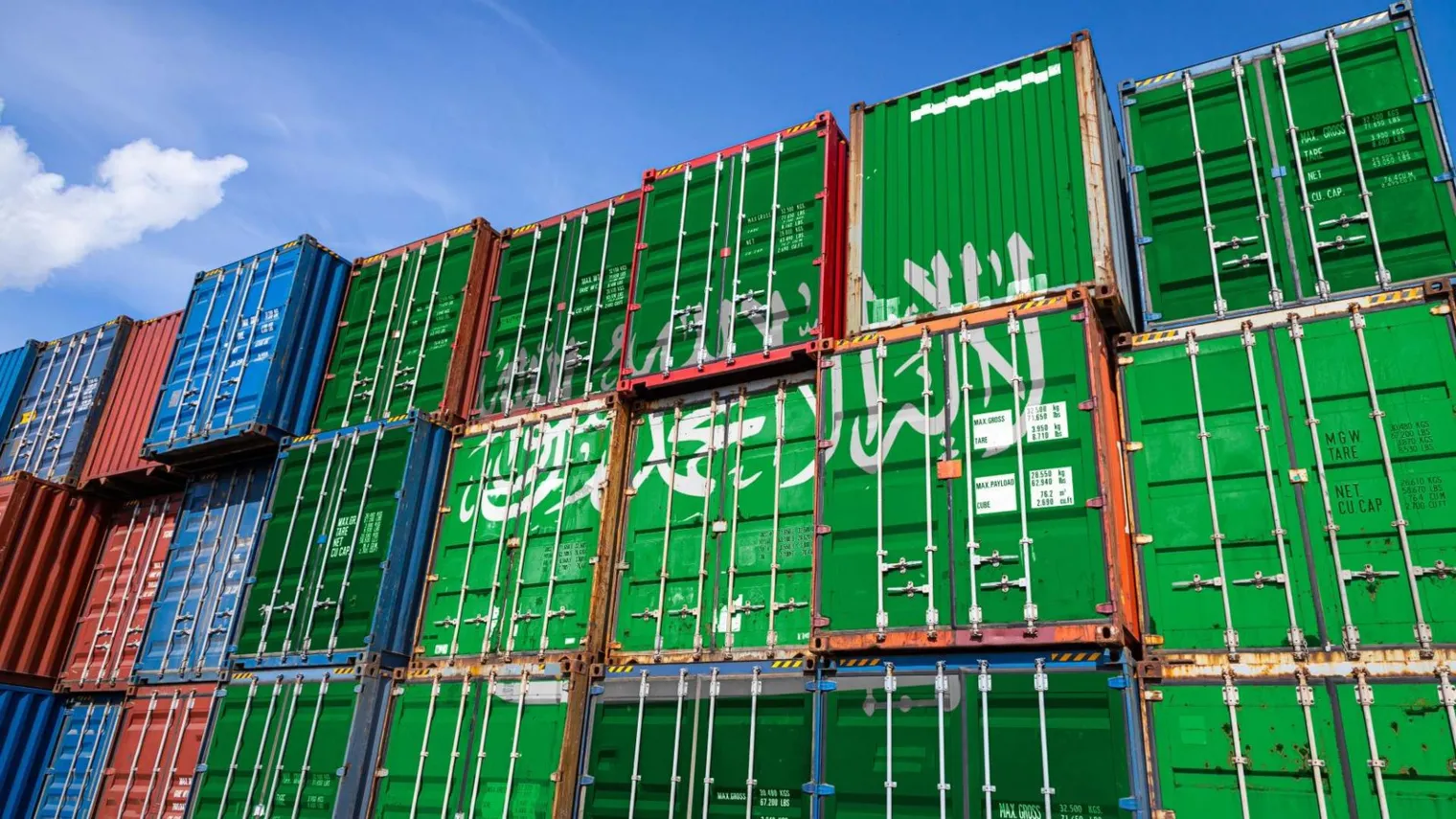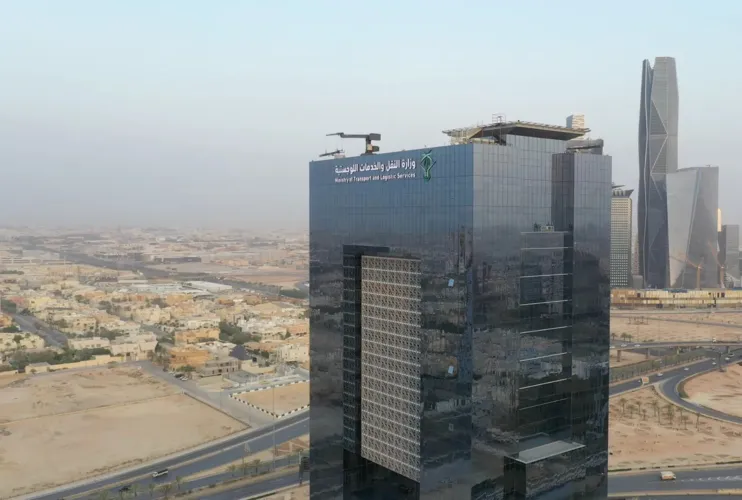Latest Saudi Digital Logistics Trends: Transforming KSA into a Global Logistics Hub
Saudi Arabia is making waves in the logistics sector with its ambitious investment of $266 billion (SAR 1 trillion) to transform the Kingdom into a global logistics hub by 2030. This initiative, aligned with Vision 2030, underscores Saudi Arabia’s commitment to diversifying its economy and leveraging its strategic location as a bridge between Asia, Europe, and Africa.
The focus on digital logistics trends such as Artificial Intelligence (AI), Internet of Things (IoT), and blockchain is propelling this transformation, ensuring the Kingdom’s logistics infrastructure is prepared for the demands of the global market.
A Multi-Billion Dollar Vision
The massive investment aims to elevate Saudi Arabia’s logistics sector to new heights, with over $53.2 billion (SAR 200 billion) already deployed as of October 2024. This early funding has yielded impressive results:
- A 17-place rise in the Logistics Performance Index (LPI).
- A 14-place climb in the Global Connectivity Index, as per the International Air Transport Association.
Such progress reflects the Kingdom’s dedication to integrating advanced digital technologies into its logistics ecosystem.
Also Read: Meeting the Demands of a $24B Saudi E-commerce Boom by 2029
Digital Logistics Trends Driving Change
1. Artificial Intelligence (AI)
AI is revolutionizing the logistics landscape by optimizing route planning, reducing delivery times, and enhancing supply chain visibility. In Saudi Arabia, AI-driven predictive analytics helps businesses anticipate demand, manage inventory more effectively, and improve customer satisfaction.
2. Blockchain for Transparency
Blockchain technology is being utilized to enhance security and transparency in logistics operations. By providing real-time tracking and verification of shipments, blockchain minimizes fraud and ensures smooth international trade processes.
3. Internet of Things (IoT)
IoT devices, such as connected sensors and trackers, are enabling real-time data collection across the supply chain. This technology helps monitor cargo conditions, optimize warehouse management, and ensure timely deliveries, contributing to a more efficient logistics network.
Strategic Projects Powering Saudi Logistics
1. Saudi Landbridge Project
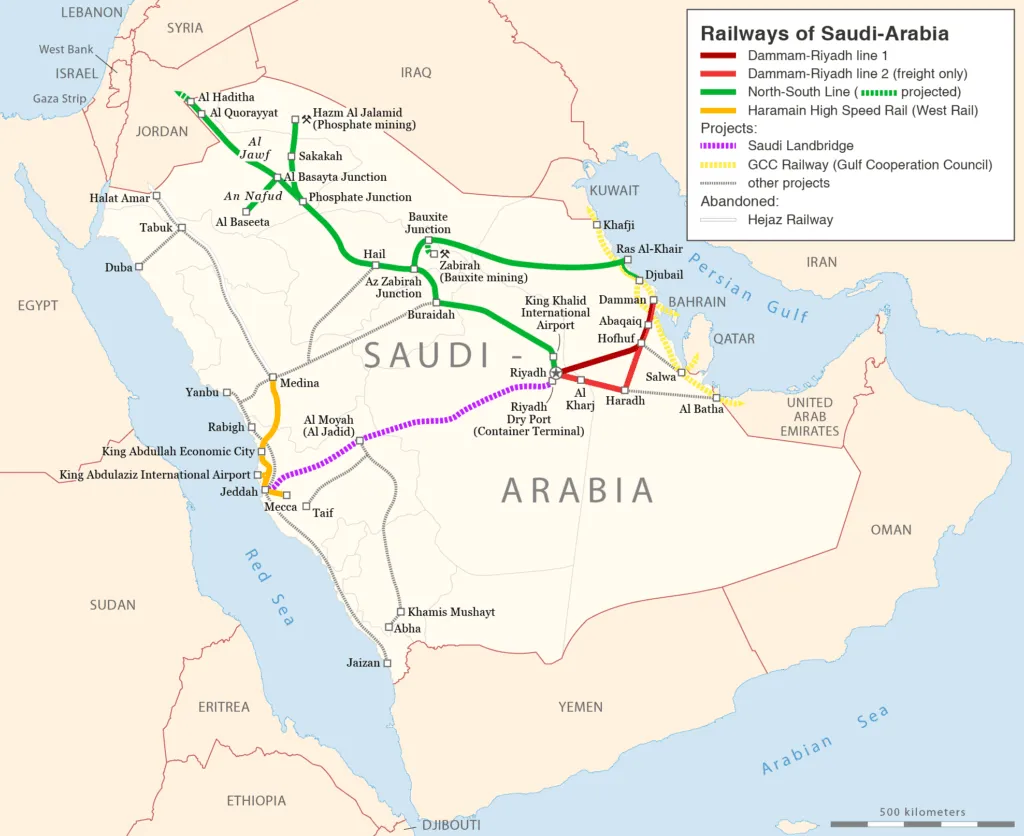
One of the most ambitious undertakings, the Saudi Landbridge Project, involves constructing a railway line connecting Jeddah on the Red Sea to Riyadh. This project is expected to streamline cargo movement across the Kingdom, reducing transit times and costs.
In October 2024, it was reported that financing for the $7 billion Landbridge project is nearing finalization, with construction slated to begin soon and completion targeted before 2030. Initially focused on cargo transport, the railway will enhance Saudi Arabia’s logistics network, with potential for passenger services after 2030.
2. King Salman Global Maritime Industries Complex
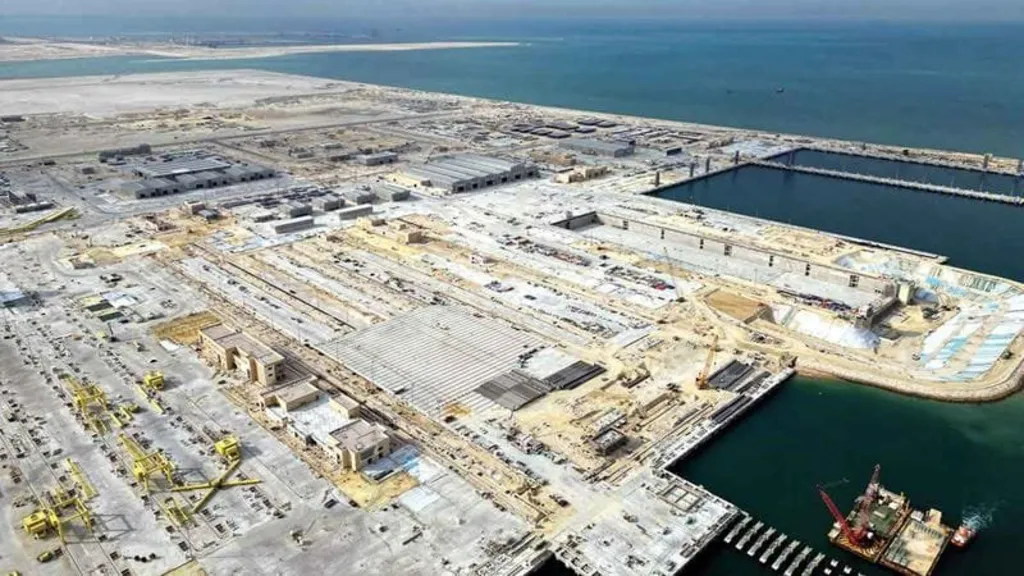
Set to be the largest shipyard in the world, this facility will boost Saudi Arabia’s capacity in shipbuilding and repair, further enhancing its logistics capabilities. In September 2024, it was reported that the $3 billion project, owned by a joint venture including Saudi Aramco (50.1%) and Bahri (19.9%), is progressing steadily.
Located in the Arabian Gulf coastal area of eastern Saudi Arabia, the facility will span 4.5 km by 2.5 km and is expected to produce over 40 vessels annually, including three Very Large Crude Carriers (VLCCs), as well as offshore drilling platforms. This development aligns with Saudi Arabia’s National Industrial Strategy, focusing on economic diversification and positioning the Kingdom as a leading global shipbuilder.
3. Development of 18 Logistics Zones
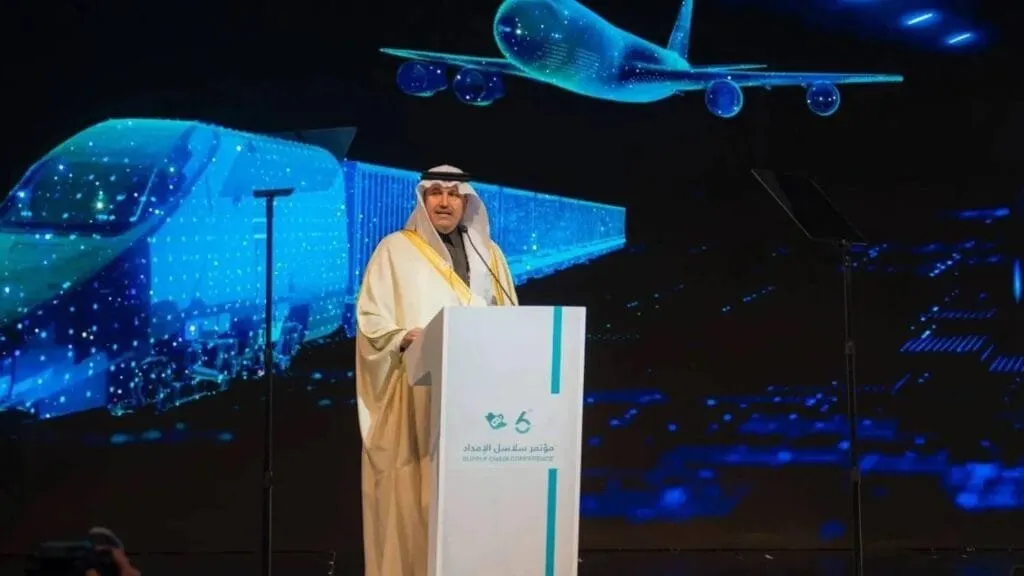
In one of the latest developments, Saudi Minister of Transport and Logistics Saleh Al-Jasser announced in December 2024 the development of 18 new logistics zones with investments exceeding $2.66 billion (SAR 10 billion). This initiative is part of the Kingdom’s broader strategy to increase the number of logistics zones from the current 22 to 59 by 2030, aiming to attract both local and international investments.
The new logistics zones will integrate various transport modes, including ports, airports, and railways, to create a unified and efficient system that enhances competitiveness and facilitates seamless trade flows.
Conclusion
Saudi Arabia’s commitment to becoming a global logistics hub is evident in its $266 billion investment and embrace of digital logistics trends like AI, IoT, and blockchain. With transformative projects such as the Saudi Landbridge, the King Salman Maritime Complex, and the development of 18 logistics zones, the Kingdom is creating an interconnected, efficient, and future-ready logistics ecosystem.
These efforts not only align with Vision 2030’s goals of economic diversification but also position Saudi Arabia as a pivotal player in international trade. As the Kingdom integrates advanced technologies and expands its infrastructure, it continues to set the benchmark for innovation and excellence in the global logistics industry.
